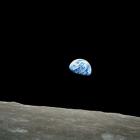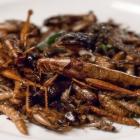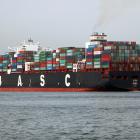The Sea Empress Oil Spill in Milford Haven
On 15 February 1996, the oil tanker Sea Empress ran aground. Approximately 72,000 tons of crude oil spilled into the Milford Haven waters in Southern Wales, contaminating 200 kilometers of coastline. Swift implementation of environmental regulations, such as temporarily prohibiting mussel harvesting, successfully protected the coastal populations.













